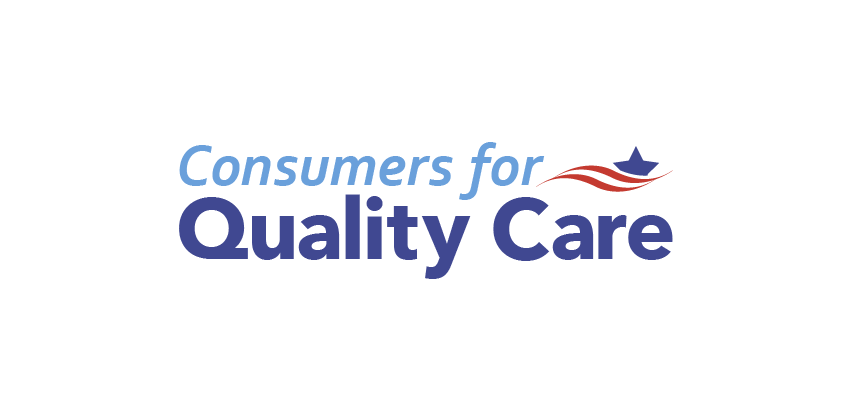America is in the middle of a mental health care crisis. While the COVID-19 pandemic greatly worsened this national crisis, it has been years in the making.
Prior to the pandemic, nearly half of the 60 million American adults and children living with mental health conditions reported going without care. A Kaiser Family Foundation (KFF) study from earlier this year found that as many as 25 percent of adults are going without care due to cost, and Black Americans and young people are less likely to have received care. Meanwhile, another KFF study found that the pandemic has only worsened our nation’s mental health crisis – almost 40 percent of adults reported symptoms of anxiety or depression in 2021, nearly quadruple pre-pandemic levels.
A recent report from UNLV found that Nevada ranks poorly when it comes to mental health, despite all the progress that has been made at the state and federal levels. Nevada, however, is not alone when it comes to these issues. Recent research by Impact Research and Public Opinion Strategies on behalf of Consumers for Quality Care (CQC) found that nearly 6-in-10 voters (57 percent) said it’s difficult to find mental health providers that are affordable or covered by insurance. Voters under 50 (69 percent) and those with private insurance (63 percent) reported having even greater difficulties finding a provider, largely due to insurance coverage and costs.

